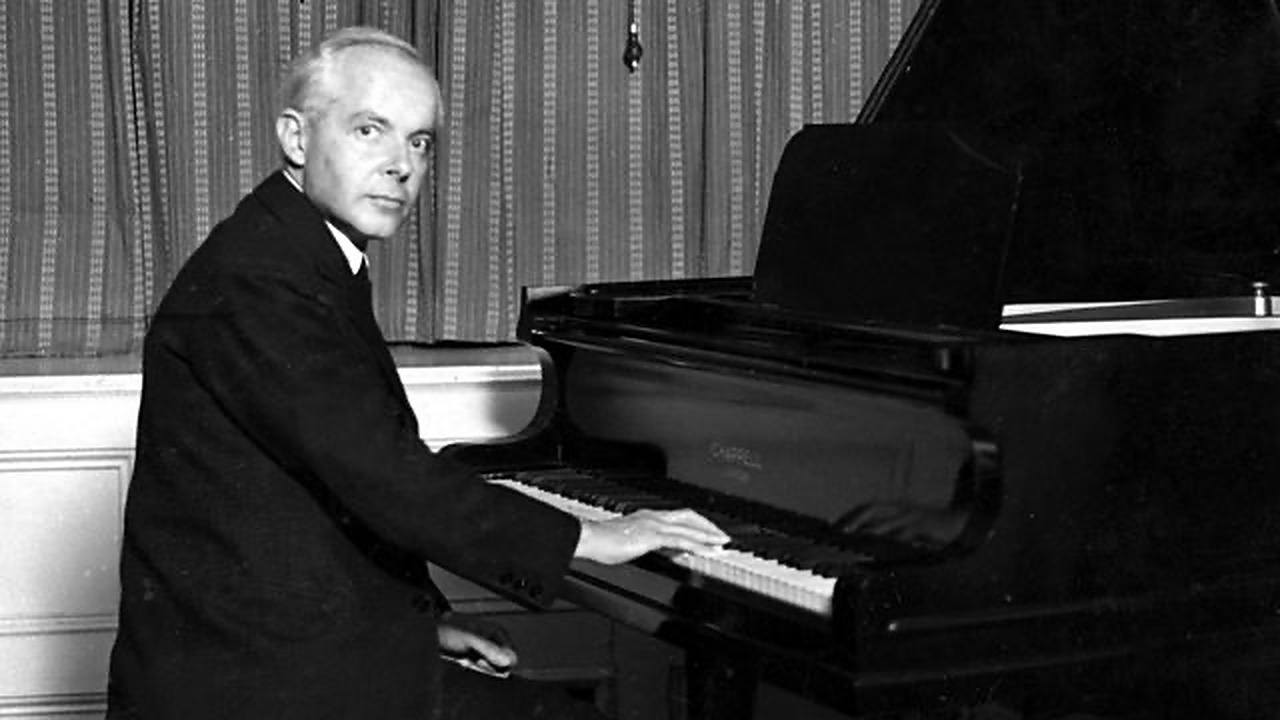Béla Bartók’s three Études, Op 18 for solo piano are daring, both technically and musically.
Composed in 1918, they were intended to push the limits as pedagogical studies. The influence of Chopin, Debussy (whose piano Études were written three years earlier), and Schoenberg is evident.
The three brief Études follow the traditional fast-slow-fast format. The first unleashes an exhilarating, demonic motor, punctuated with the accents of Hungarian folk music and language. In the second piece, splashing arpeggiated waves accompany a boldly expansive melody worthy of Franz Liszt. The final piece is a tour-de-force, with dazzling irregular rhythms and meter changes.
The Études proved to be a technical feat too daunting, even for Bartók, an accomplished pianist. In his later years, the composer admitted to a friend, “I cannot play the three Etudes. I haven’t played them—ever or anywhere—since 1918.” In the early years of the 20th century, the musical language was too radical for many audiences. Bartók stated that “In the cities that find themselves at the level of a Hungarian province, one mustn’t experiment with such works as my two violin sonatas, my piano etudes – with improvisation. These works only frighten the unprepared public.”
This spectacularly virtuosic performance features the Hungarian pianist, Zoltán Kocsis:
Recordings
- Bartók: Études, Op 18, Zoltán Kocsis Amazon


Astonishing! Breathtaking to listen while following the sheet music. And then to listen a second time with eyes closed. Bravissimo Zoltán Kocsis! What mastery. Fascinating backstory. This was a thrill ride.